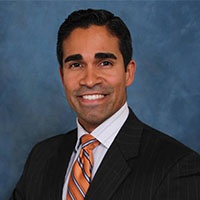 New Paltz Misdemeanor Lawyers, New York
New Paltz Misdemeanor Lawyers, New York
Sponsored Law Firm
-
 x
x

Click For More Info:
-
Cohen & Bernstein, L.L.C.
1360 Clifton Ave #309 Clifton, NJ 07012» view mapCriminal Defense We’re In this Together!
We work hand in hand with our clients to ensure all of your questions are answered and progress through your legal issue is seamless.
800-978-7341
Sponsored Lawyers
1-4 of 4 matches
1436 Route 52
Fishkill, NY 12524
Criminal, DUI-DWI, Felony, Misdemeanor, Traffic
Angel I. Falcon is a Dutchess County based general practice catering to the legal needs of individuals and businesses in the Hudson Valley and surrounding areas.
(more)
Criminal, Felony, DUI-DWI, Misdemeanor, White Collar Crime



 Lindsay Bernstein Clifton, NJ
Lindsay Bernstein Clifton, NJ Practice AreasExpertise
Practice AreasExpertise

